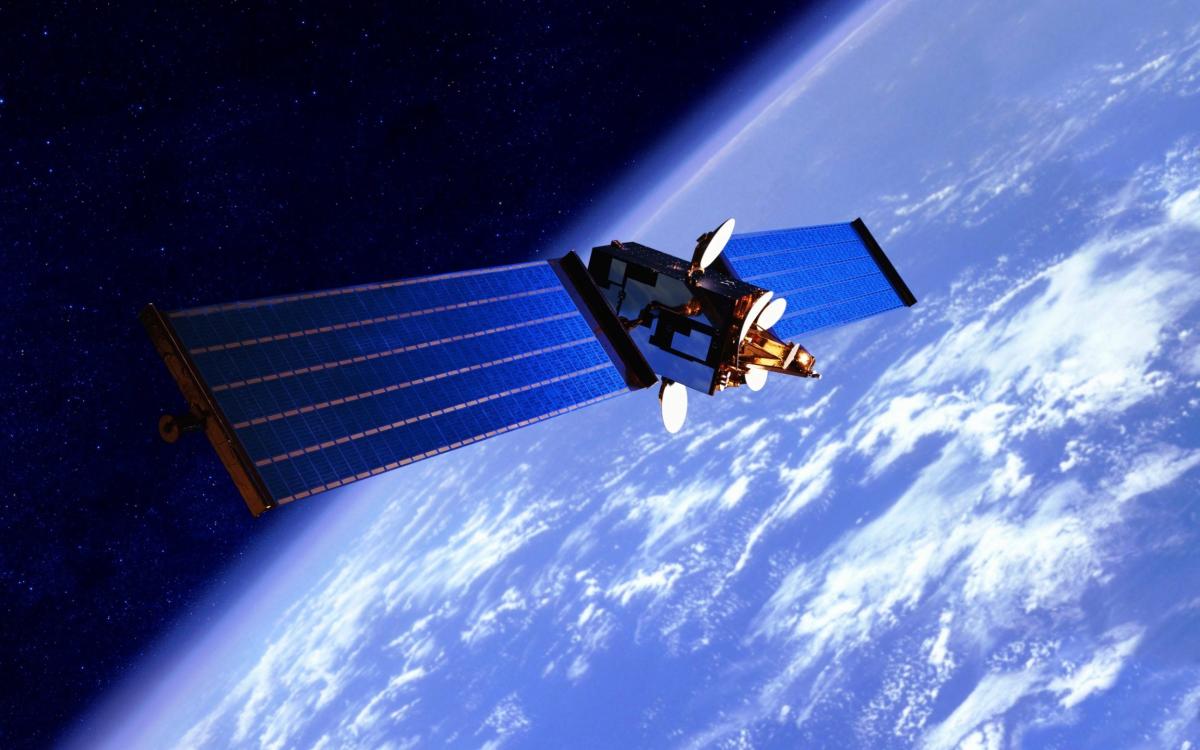- Joined
- Mar 30, 2016
- Messages
- 34,697
- Reaction score
- 13,299
- Location
- Massachusetts
- Gender
- Male
- Political Leaning
- Independent
For 400 plus billion years there was an equilibrium as it relates to life in general.
First the asteroid and now us ..we humans are on a collision course to destroy our planet.
In the short span of a couple thousand years humanity has endangered the process in which life succeeds.
So, yes, in the end we will have disrupted the successful course of evolution.
There is no equilibrium of life in general. No such thing at all. There are constant changes that favor or disfavor one life form or another. Even if human beings do or do not exist, it does not mean other life forms can or cannot exist. We are part and parcel of evolution.


